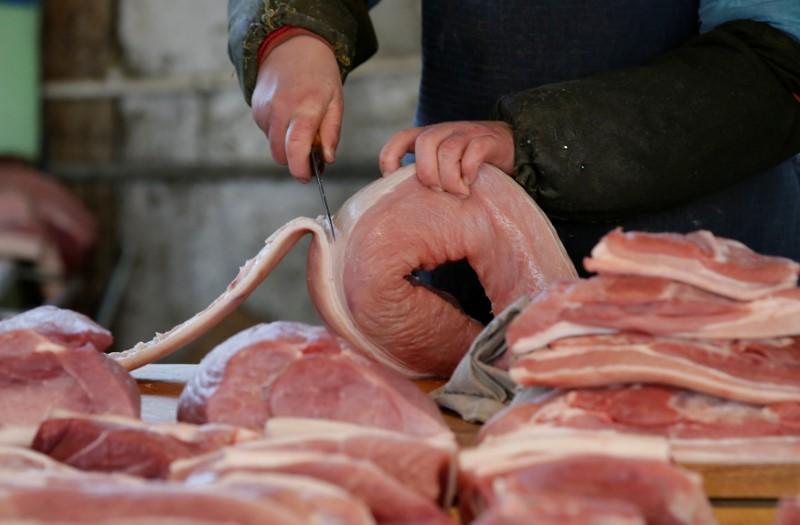BEIJING—China has increased tariffs by up to 25 percent on 128 U.S. products, from frozen pork and wine to certain fruits and nuts in response to U.S. duties on imports of aluminum and steel.
The tariffs, to take effect on Monday, were announced late on Sunday by China’s finance ministry and matched a list of potential tariffs on up to $3 billion in U.S. goods published by China on March 23.





